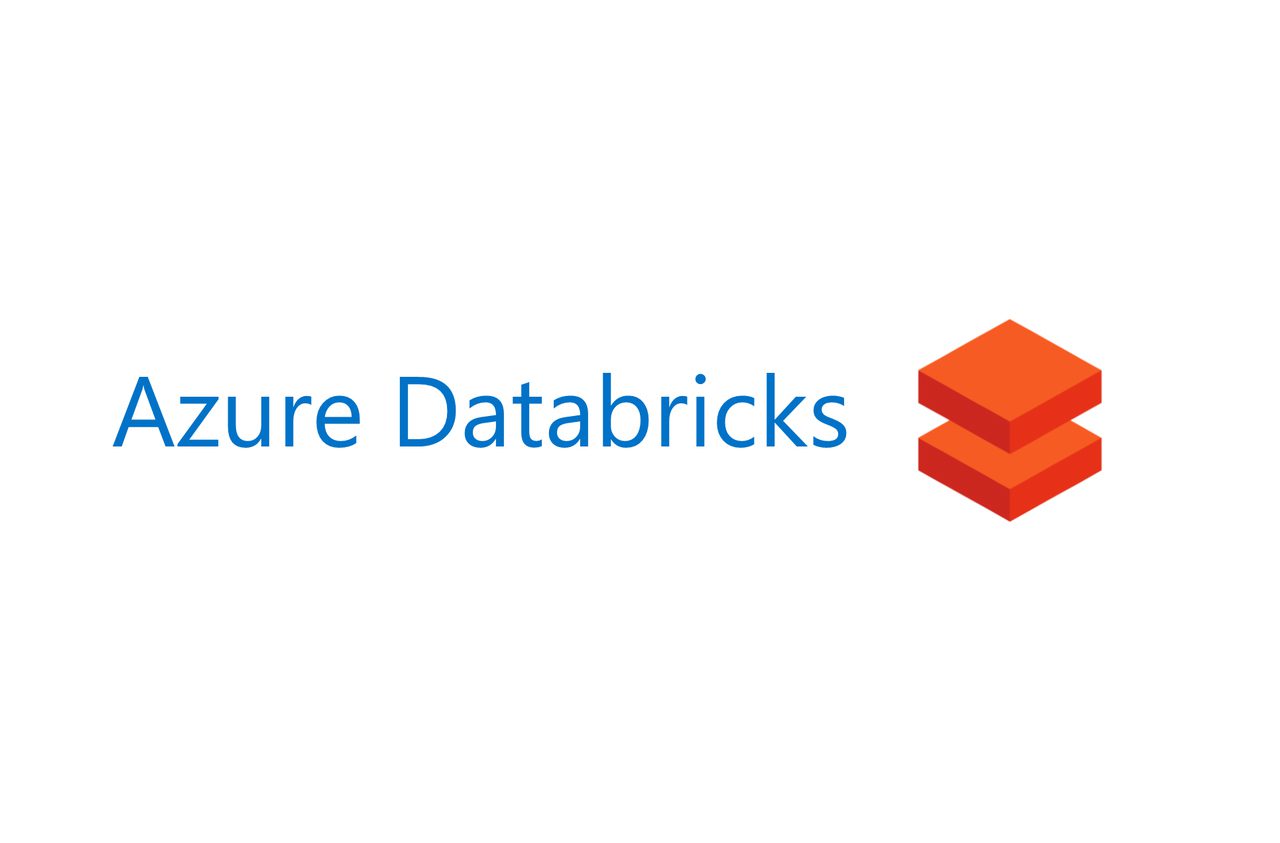Microsoft is adding a set of new features and regions to Azure Databricks, to help customers speed up the process of building big data and artificial intelligence (AI) solutions.
Azure Databricks is a fast and easy Apache Spark based analytics platform developed by Microsoft in collaboration with Databricks. The platform provides better processing of massive amounts of data on Azure public cloud. It also helps customers to harness the power of AI through a unified approach to data analytics.
The new features in Azure Databricks include RStudio integration and support for Azure Data Lake Storage Gen2.
RStudio is an open-source IDE (integrated development environment) for R programming language used by data scientists for statistical computing and graphics. With the integration, the data scientists will be able to use RStudio inside Azure Databricks.
It will help data scientists to analyze data using the familiar RStudio IDE, while gaining the advantage of Azure Databricks’ scale and flexibility.
“Azure Databricks provides the flexibility to start with small jobs and automatically scale up to production workloads in the same environment,” wrote Yatharth Gupta, Principal PM Manager, Azure Data, in a blog post.
Microsoft has added support for preview of Azure Data Lake Storage Gen2 to Azure Databricks. The Data Lake Storage Gen2 is a cloud solution for mission critical analytics and AI workloads. It provides the scalability and cost benefits of object storage, as well as the reliability and performance of Hadoop file system capabilities.
The new regions announced for Azure Databricks included UK South, UK West, Australia East, and Australia South East. With the new regions, the service is now generally available in 15 regions globally.
Along with the updates to Databricks, the tech giant also announced general availability of synonyms feature in Azure Search. The new feature in Azure Search will display equivalent terms at the time of query, so that users don’t have to search alternate terms.
For instance, if a user searches the term ‘dog’, the Azure Search will also display the documents containing ‘puppy’, ‘canine’, etc.









